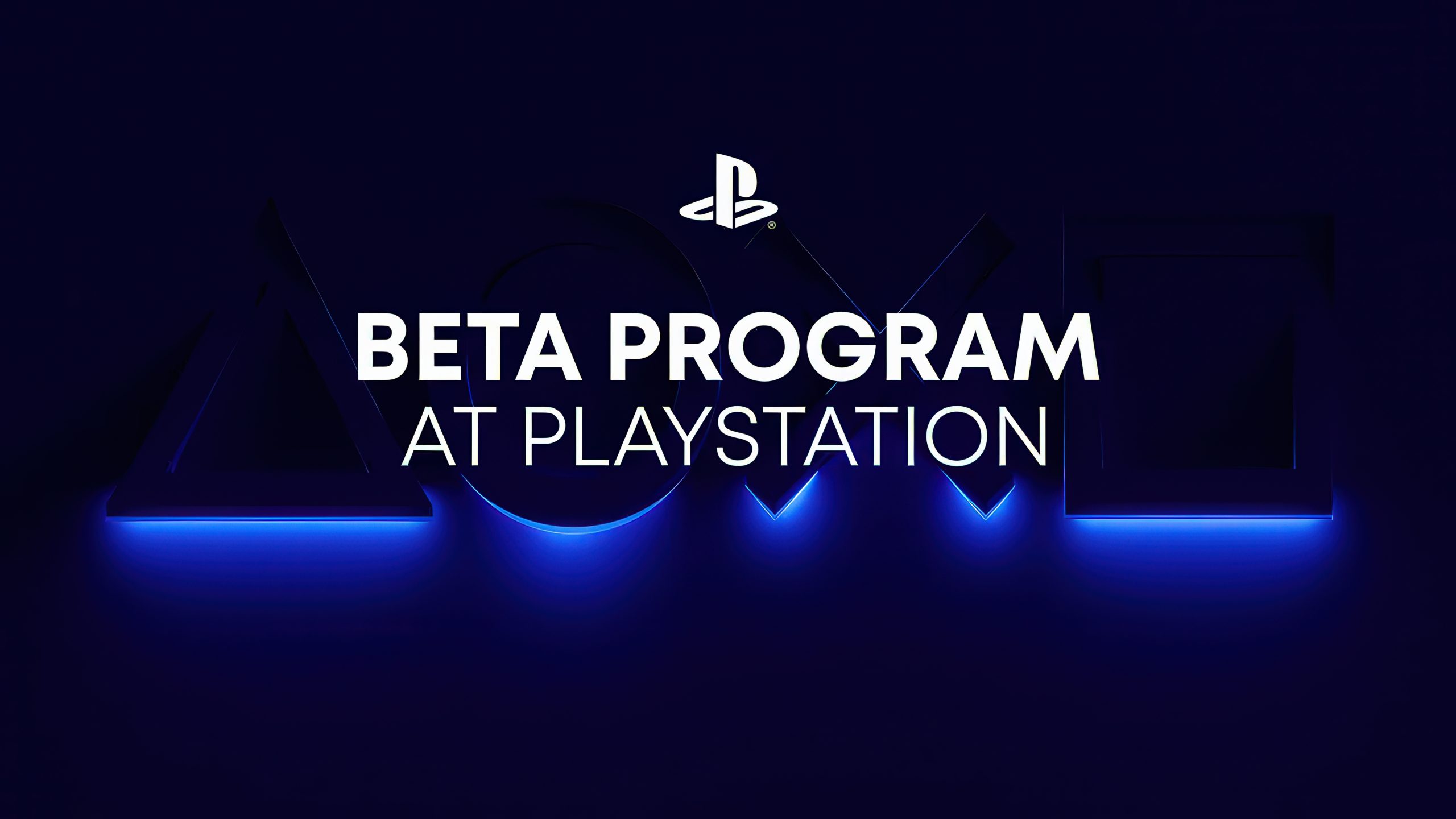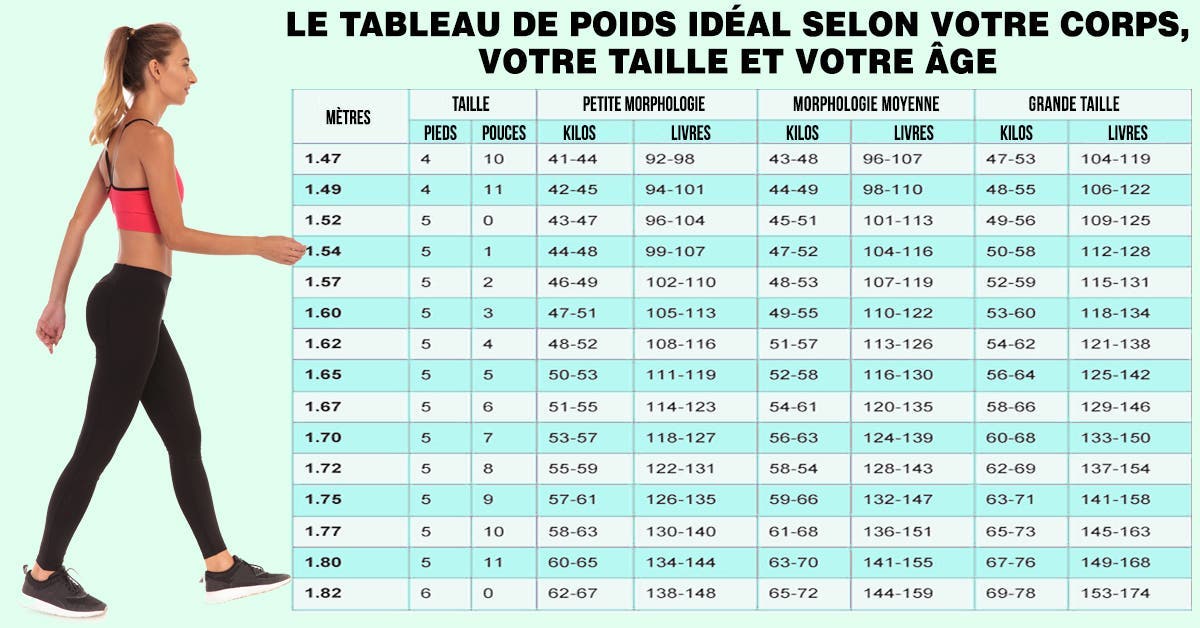Epic Games Sued: Allegations Of Large-Scale Deceptive Practices In Fortnite

Table of Contents
The Core Allegations of Deceptive Practices in Fortnite
The core of the Fortnite lawsuit centers on accusations that Epic Games employed deceptive practices to maximize in-game purchases. The plaintiffs claim these practices constitute unfair and deceptive trade practices, targeting particularly vulnerable younger players. Specific allegations include:
-
Manipulation of loot boxes and random item drops: The lawsuit alleges that the random nature of loot boxes and item drops is designed to encourage excessive spending, creating a psychological compulsion to keep purchasing in the hope of obtaining rare or desirable items. This manipulative Fortnite loot box system is a central point of contention.
-
Misleading in-game advertising and promotions: Plaintiffs claim that Epic Games uses misleading advertising and promotions to exaggerate the value of in-game purchases and downplay the inherent randomness and odds of obtaining sought-after items. This Fortnite misleading advertising is a key element of the case.
-
Predatory pricing strategies targeting younger players: The lawsuit highlights the allegedly predatory pricing of in-game items, suggesting that Epic Games exploits the impulsivity and financial limitations of younger players. This Fortnite predatory pricing tactic is a major focus of the lawsuit's claims.
-
Hidden costs and unexpected expenses: The plaintiffs argue that Epic Games deliberately obscures the true cost of obtaining certain items, leading to unexpected expenses for players. These Fortnite microtransactions often accumulate significantly, impacting players financially.
The plaintiffs, representing a large group of Fortnite players, claim to have suffered significant financial losses and emotional distress due to these alleged practices. Their claims aim to hold Epic Games accountable for its Fortnite deceptive marketing and other alleged unfair practices.
Impact on Players and the Gaming Community
The alleged deceptive practices in Fortnite have had a significant impact on players and the wider gaming community. The consequences include:
-
Financial burden on players: Many players report spending substantial sums of money on in-game purchases, often exceeding their budgets and causing financial strain. This Fortnite player impact is a significant concern raised in the lawsuit.
-
Emotional distress and addiction: The addictive nature of loot boxes and the pursuit of rare items has reportedly led to emotional distress and even gaming addiction among some players. The issue of gaming addiction is closely tied to the concerns around loot boxes and microtransactions.
-
Erosion of trust in the game and Epic Games: The allegations have eroded trust in both Fortnite and Epic Games, impacting the reputation of the company and the game's player base. This loss of trust could lead to long-term consequences for Epic Games.
The legal ramifications of this case could extend beyond Fortnite, potentially impacting the design and monetization strategies of other games employing similar mechanics. The debate around loot box regulation and responsible gaming is intensifying as a result of this lawsuit.
Epic Games' Response and Legal Proceedings
Epic Games has responded to the allegations, denying any intentional deceptive practices. The company maintains that all in-game purchases are clearly presented and that players are fully aware of the risks involved. However, the specifics of their defense remain to be seen as the lawsuit progresses. The Epic Games response will be crucial in determining the outcome of the case.
The lawsuit is currently underway, with various legal filings and court dates scheduled. The lawsuit status and Fortnite legal proceedings are closely monitored by the gaming community and legal professionals. The potential court case outcome could significantly impact the future regulation of in-game purchases. Potential settlements or outcomes remain uncertain at this time.
The Broader Implications for the Gaming Industry
This Fortnite lawsuit has broader implications for the gaming industry as a whole, prompting increased scrutiny of various practices:
-
Increased scrutiny of in-game purchases and monetization strategies: The lawsuit has focused attention on the ethical considerations surrounding in-game purchases and monetization strategies, leading to increased scrutiny from regulators and consumers alike.
-
Potential for stricter regulations on loot boxes and microtransactions: Governments worldwide are increasingly examining the impact of loot boxes and microtransactions on players, and this case could fuel calls for stricter regulations. The microtransaction regulation debate is now more prominent than ever.
-
Changes to game design and marketing practices: The outcome of this lawsuit could significantly influence game design and marketing practices, pushing developers to adopt more transparent and responsible monetization strategies. The call for ethical gaming practices is becoming louder.
The ongoing debate about gaming industry regulation and the implementation of responsible gaming initiatives is further intensified by this high-profile case. The call for a change in the loot box debate is gaining momentum, pushing for fairer and more transparent game design.
Conclusion: Understanding the Fortnite Lawsuit and its Implications
The Fortnite lawsuit against Epic Games highlights serious concerns about deceptive practices within the gaming industry, particularly regarding the use of loot boxes, microtransactions, and potentially predatory pricing strategies targeting younger players. The alleged Fortnite deceptive practices have raised crucial questions about consumer protection and responsible gaming. The potential consequences of this Epic Games lawsuit extend beyond Fortnite, potentially influencing the design and regulation of similar games. The Fortnite lawsuit serves as a critical reminder of the need for transparency, fairness, and responsible practices in the gaming industry. Stay informed about the developing Fortnite lawsuit to understand how these issues might shape the future of gaming and protect yourself.

Featured Posts
-
 Serious Fall At Baseball Game Fan Hospitalized After Outfield Incident
May 02, 2025
Serious Fall At Baseball Game Fan Hospitalized After Outfield Incident
May 02, 2025 -
 1 Mayis Kocaeli Kutlamalarin Goelgelendigi Arbede
May 02, 2025
1 Mayis Kocaeli Kutlamalarin Goelgelendigi Arbede
May 02, 2025 -
 Remembering Priscilla Pointer A Legacy Of Acting And Mentorship
May 02, 2025
Remembering Priscilla Pointer A Legacy Of Acting And Mentorship
May 02, 2025 -
 Apply Now Sony Play Station Beta Program Registration Is Open
May 02, 2025
Apply Now Sony Play Station Beta Program Registration Is Open
May 02, 2025 -
 Offre Speciale Le Poids De Votre Bebe En Chocolat Boulangerie Normande
May 02, 2025
Offre Speciale Le Poids De Votre Bebe En Chocolat Boulangerie Normande
May 02, 2025
